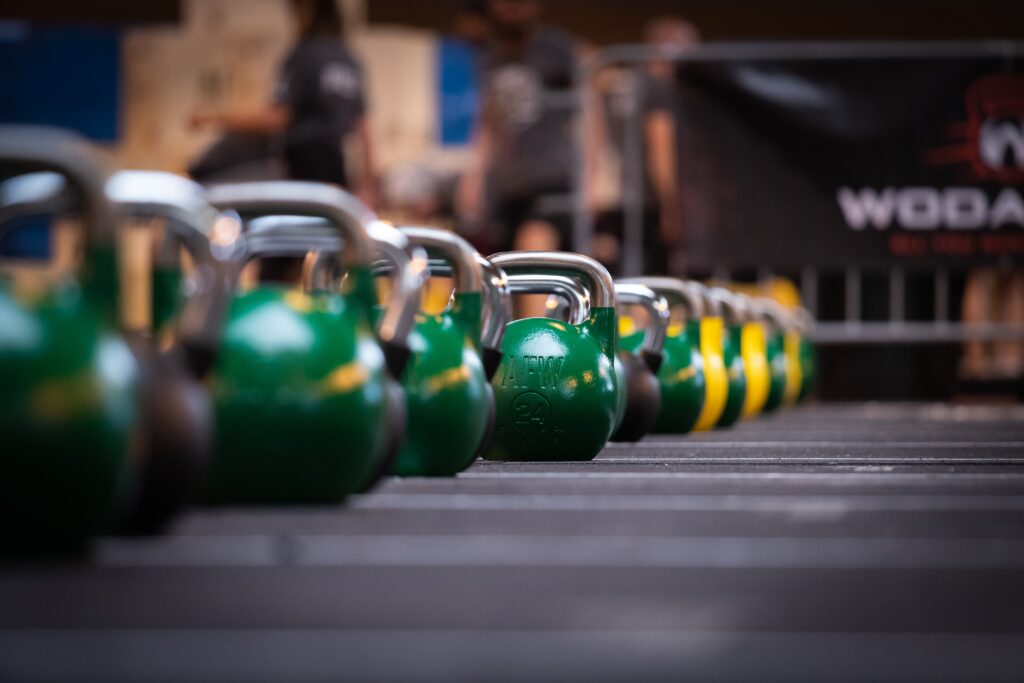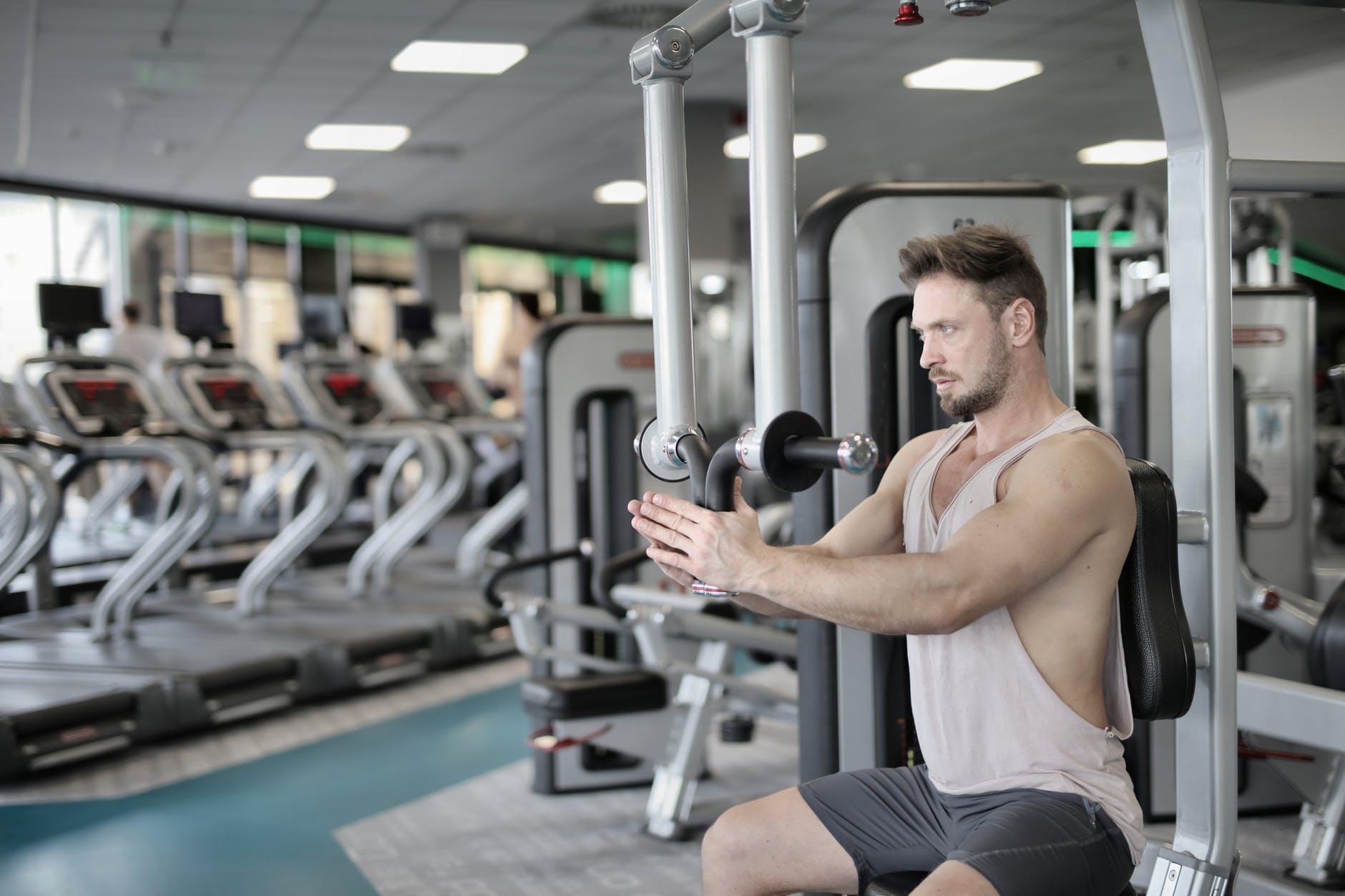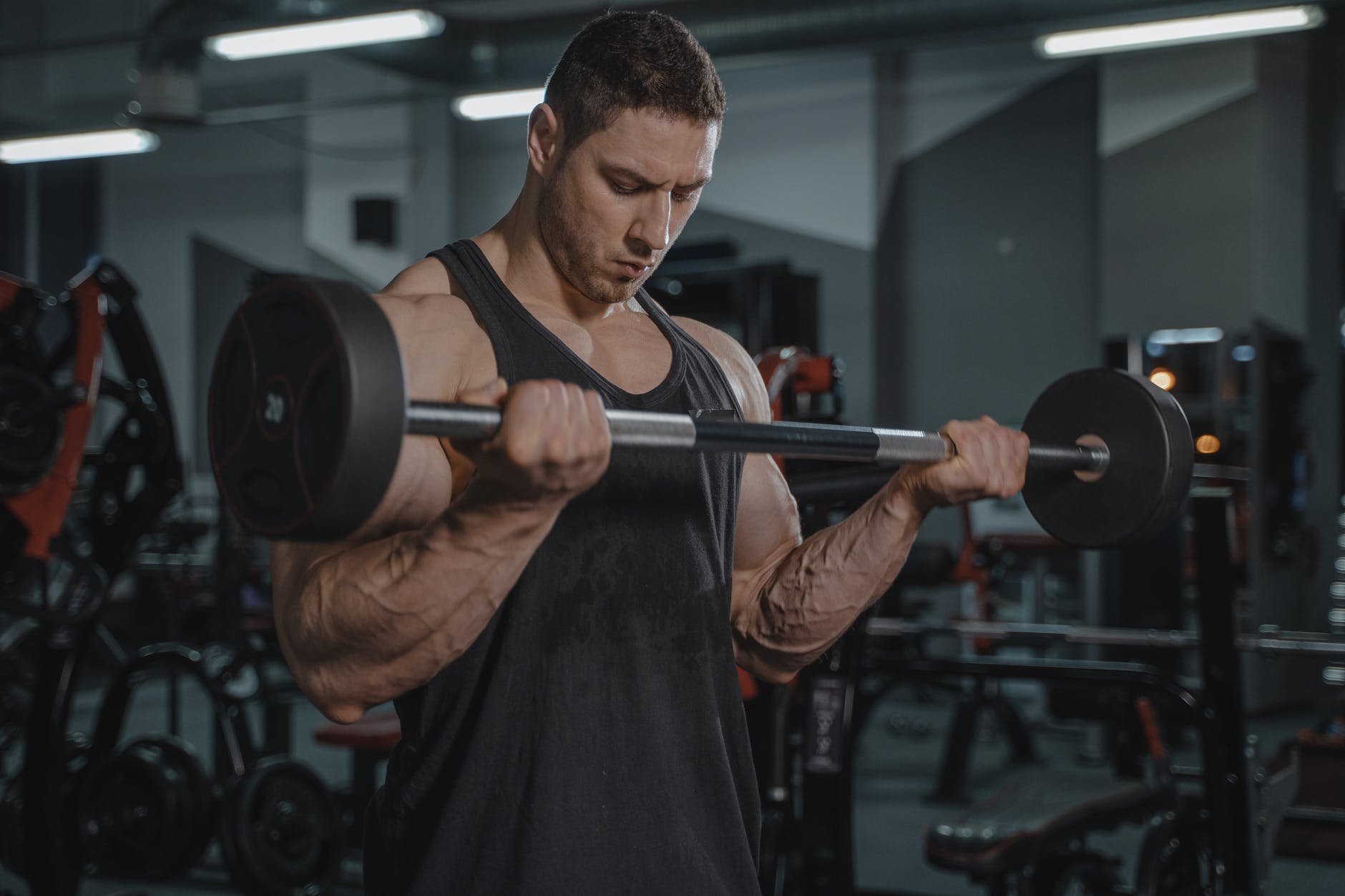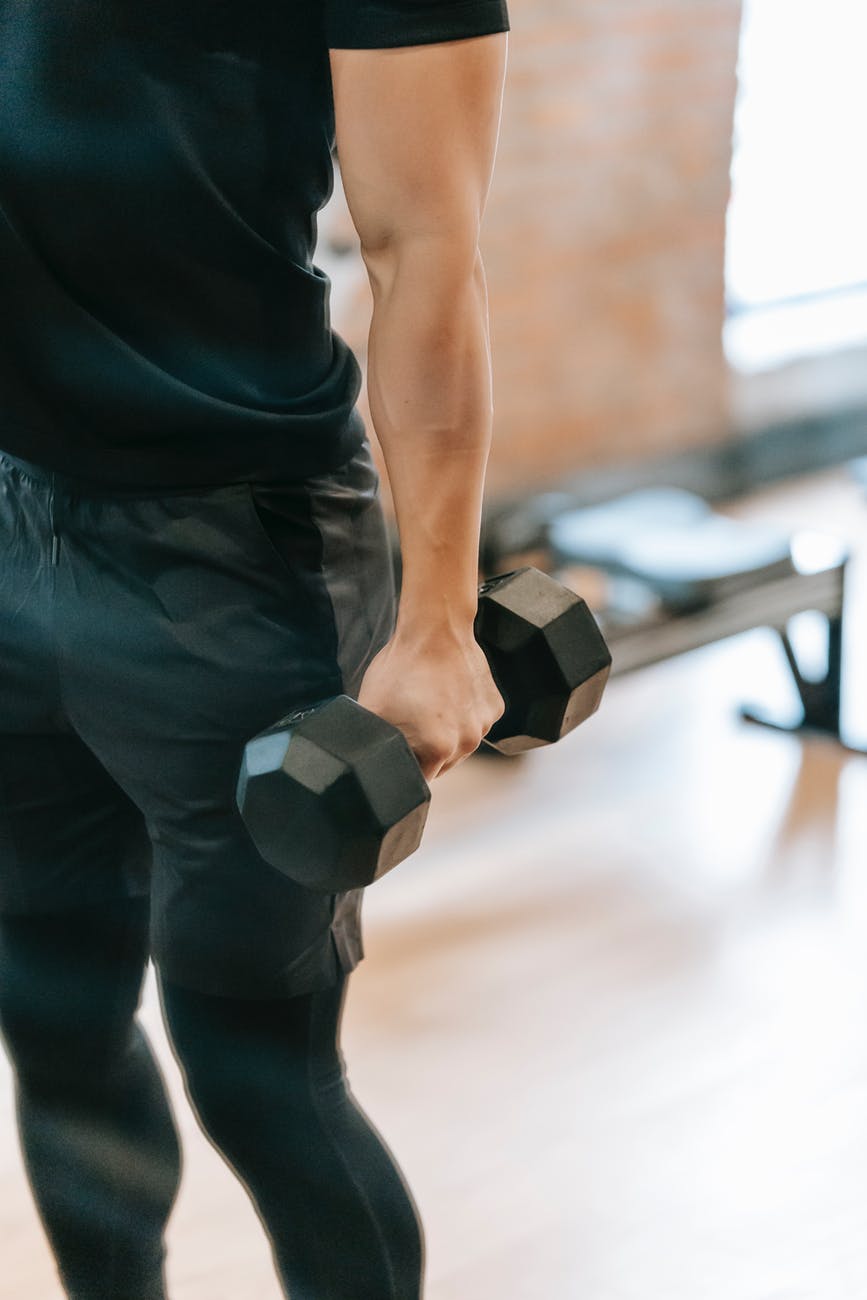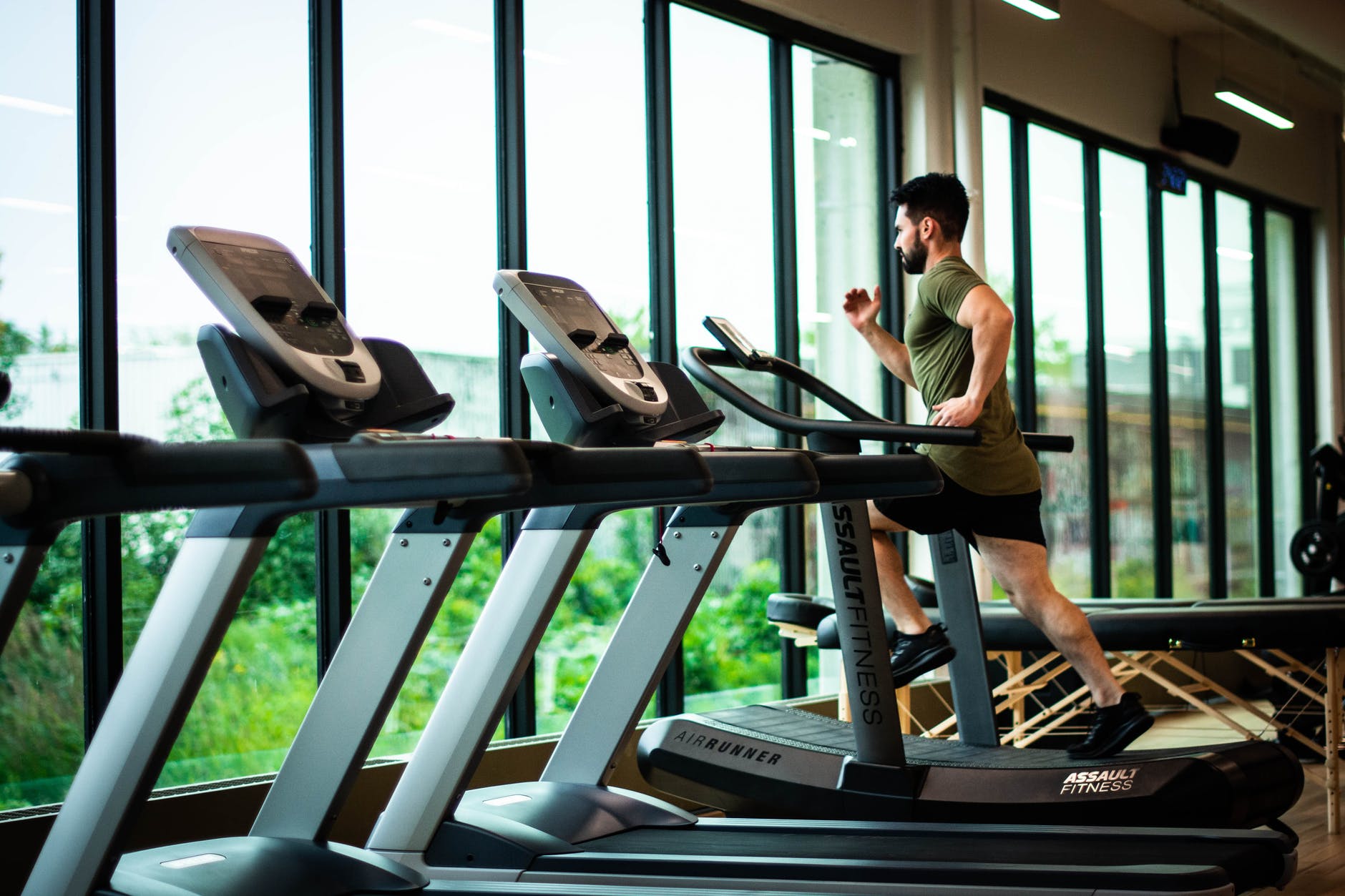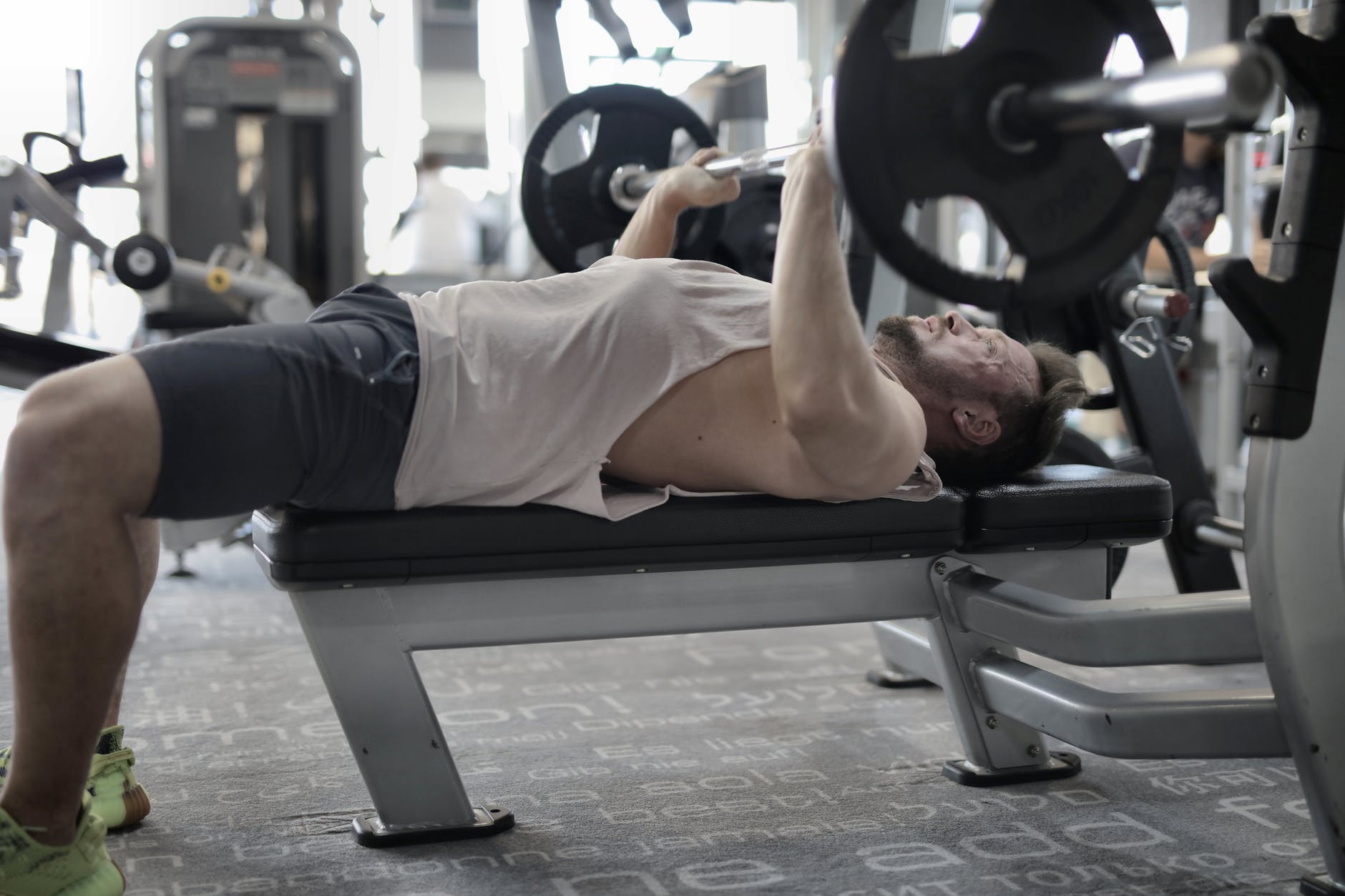What were you doing the last ~3 months?
If you were lucky enough to continue your training and had all the equipment you needed, you probably would just return to the gym, business as usual. This probably isn’t the case for a lot of people due to differences in equipment availability, motivation, and/or diet. A lockdown likely interrupted training plans and you probably need a bit of an adjustment period to get your body out of its initial shock.
On day 1 after the first lockdown was lifted, and gyms re-opened, many went back to their usual routines and likely attempted to lift the same weights before the gyms closed. Sure, their workout for the day probably felt great, but if the gym check-in history shows, there was a steep decline the following few days. Soreness spiked quite quickly to a point where many anxious lifters had trouble coming back the next day. A general shock to the system is expected, but temper your expectations on what you think you can actually do. Work capacity, strength, mobility etc. will likely need to be re-assessed.
Bottom line, don’t get overanxious and jump the gun. Listen to your body and don’t sacrifice short term gains for long term problems. You’re (probably) not in any rush anyways. Embrace the new (re)adaptation gains and you’ll be feeling better in no time.
Muscle Memory
If you don’t use it, you lose it. You have probably heard that old cliché many times, but it’s true and it goes for almost everything: conditioning, strength, mobility, etc. For older folks, the unfortunate reality is that the decline can be sharper.
If you have been working out at home with variations of regressions of your usual exercises, when you return to your “normal” lifts, don’t be shocked if something doesn’t quite feel right. I don’t necessarily mean pain, but doing something for the first time again after a long time will take a bit for your brain to rewire itself. For more experienced lifters, this time usually isn’t too long.
Goal Setting
Any long period of time away will affect training and nutrition plans for anyone. Previous habits may have been flushed away, but holding yourself accountable will greatly help in getting yourself back on track. Are your goals the same as they were before your time away? Great, then the plan can probably resume as usual with a few tweaks to re-adjust. If things took a turn for the worse while you were off (for example, an injury occurred), then taking a step back to prioritize your goals will be important. Maybe you need to spend some time rehabilitating before working on your strength goals. Or perhaps you (and likely many others) gained weight during a lockdown and you’re looking to shed off some unwanted weight before working on your sport-specific goals.
In any case, a great option is to work with a proper coach who can help you discern your choices and give you the proper direction on where to go. Trainers work specifically on their clients based on their goals, so why not have a professional get you to where you want to be?
Listen to your body (honestly) and be patient
If you’re noticing a slight trend with this article, it’s that these tips are based on your own personal awareness of your situation. Trying to “catch up” or comparing yourself to others and their goals can be motivating at times, but can also be a distraction from where you should be focusing your attention, you.
With that said, sometimes this is a hard one even for the advanced gym goers. You get into a great frame of mind and are fully motivated to crush your workout. But then things don’t quite feel right. The time away has noticeably caused dips in your strength, endurance, etc. A slight feeling of pain may be creeping up because you’re less mobile from the lack of exercise. Regardless, you decide to push on anyways.
Going back to gym is very common for some type of misalignment between body and mind. Even with all the right intentions in the world, your body will restrict what you are capable of if it truly isn’t conditioned for the intended stimulus you plan to impose upon yourself. As a general rule, if you feel actual pain, back off from what you were doing. Being hurt will just result in a longer time away. Or perhaps you were away from the gym because of an injury in the first place. You learned your lesson, right?
Of course, there are instances where sheer willpower can overcome anything, but it’s probably not best to rely on such moments to get you through unless you’re some sort of superhero. Bottom line, listen to what your body is telling you. Patience is a virtue and it will certainly benefit you in the long run.
